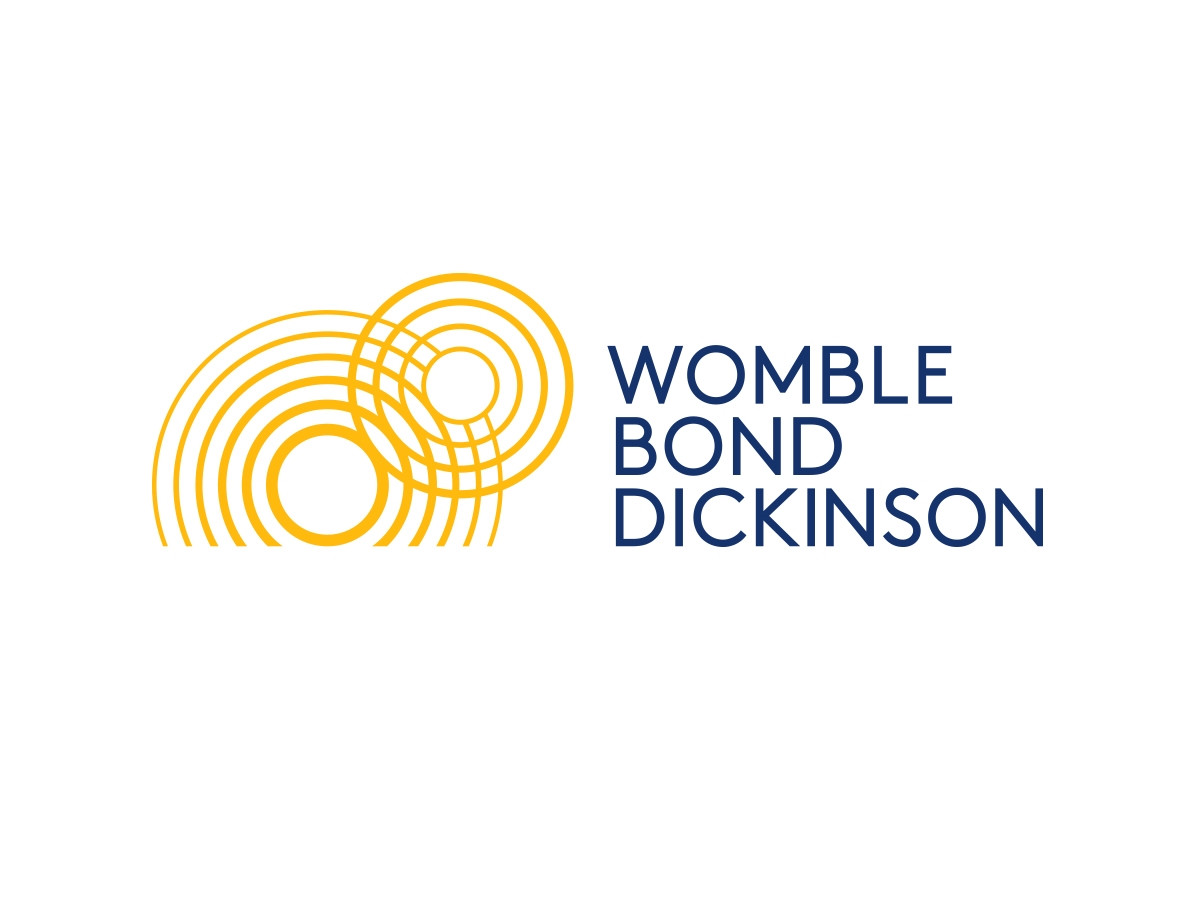Usage of Ad Words by a Competitor Does Not Amount to Trademark Infringement | International Lawyers Network
Google AdWords have long been used by businesses to ensure that their business listings feature on top of the Google search results when the users search for particular terms (which have been bought by a business from Google). While this process may sound perfectly fine when the ad words pertain to one’s trademarks or generic words, what happens when an entity starts purchasing the ad words for a competitor’s trademarks? Does it amount to trademark infringement or is it permissible since there is no actual use of the trademark (by an entity that is purchasing the competitor’s ad word)?
The aforementioned questions came up for consideration before the Indian judiciary when MakeMyTrip (in 2023) filed a case before the Delhi High Court against Google and Booking.com alleging that Booking.com had used MakeMyTrip (and other trademarks of the company) as keywords on Google Ads to promote its own services through advertisements on Google search results.
The Single Judge of the Delhi High Court granted an interim injunction in favour of MakeMyTrip, thereby temporarily restraining Booking.com and Google from using the name MakeMyTrip (and associated trademarks) as keywords on Google Ads in India. The prima facie view of the Single Judge was that this use would amount to trademark infringement and be detrimental to MakeMyTrip’s ‘monetary interest and brand equity’.
The ad interim order was thereafter appealed before the Division Bench of the Delhi High Court. The Court reversed the order and held that use of the marks as keywords would not amount to use as trademarks, and therefore the use of such marks as keywords does not constitute infringement under Section 29(1) of the Trade Marks Act. The judge stated that there is “nothing illegal in Google using the trademarks as keywords for display of advertisements if it did not result in any confusion or mislead internet users to believe that sponsored links or Ads displayed were associated with the proprietors of the trademarks”. The Court further observed that since Booking.com is a well-known platform offering travel services, it was ‘unable to accept’ that an internet user would be misled into believing that services offered by Booking.com are those of MakeMyTrip.
The court disagreed with the application of Section 29(7) of the Trade Marks Act which is applicable when a person applies a registered trade mark to a material intended to be used for labelling or packaging of goods, as a business paper, or for advertising goods or services. The Court observed that “in the present case, the use of trade marks as keywords cannot, by any stretch, be construed as applying the registered trade mark to any material intended to be used for labelling or packing goods, as a business paper, or for advertising goods or services.”
The order of the Division Bench was further appealed before the Supreme Court of India which dismissed the appeal without reversing the order of the Division Bench. The case is being heard on merits by the Single Judge of the Delhi High Court. It’ll be interesting to see whether the Court observes that there is trademark infringement by purchasing a competitor’s trademark as a Google Adword or whether it opens up a whole new marketing opportunity for competitors to purchase Adwords of competitors’ businesses (and exploit them for promoting their own business).





